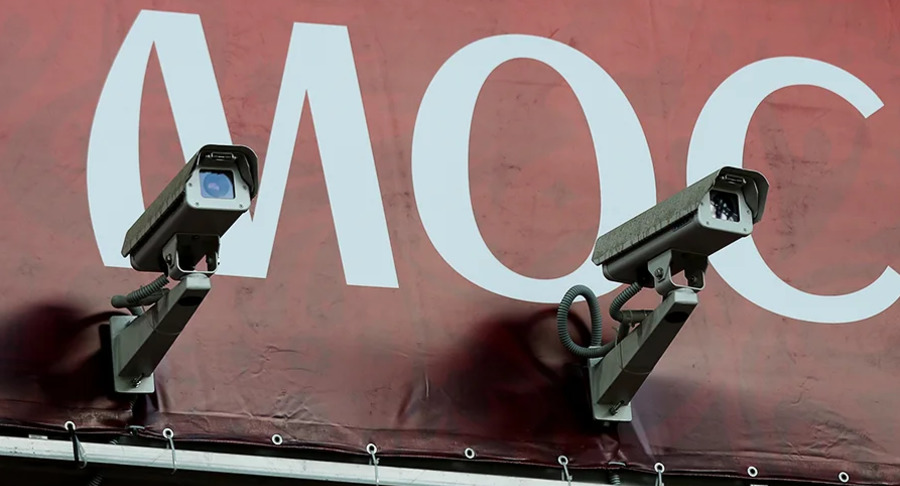Roskomsvoboda Proposes Limiting Facial Recognition in Moscow
A roundtable was recently held at the Moscow City Duma to evaluate the effectiveness of a five-year federal experiment with facial recognition systems in the city. The event, organized by the Yabloko party faction, brought together lawmakers and experts to discuss the benefits and risks of mass biometric data collection, as well as the challenges and dangers these systems pose to citizens.
Key Participants and Topics
Legal and analytical organizations presented reports on crime-solving rates using surveillance cameras, data storage practices, and the legal framework for information system use. The roundtable was moderated by Maxim Kruglov, head of the Yabloko faction. Participants included:
- Sergey Ross, founder of the Collective Action Research Center
- Dmitry Serebrennikov, representative of the Institute for the Rule of Law at the European University at St. Petersburg
- Nikita Istomin, legal analyst at Roskomsvoboda
- Ivan Begtin, director of the Information Culture NGO
- Vladimir Valeev, computer vision specialist
- Andrey Shadrikov, head of the Verigram research group
- Sarkis Darbinyan, head of administrative and criminal practice at the Center for Digital Rights
- Daniil Nedorezov, representative of the Moscow Government’s Center for Traffic Management (TsODD)
- Deputies from Yabloko, the Communist Party (KPRF), A Just Russia, and independent lawmakers
Notably, officials from relevant Moscow departments (except TsODD) and law enforcement agencies did not attend, as highlighted on Yabloko’s website.
Concerns Over Biometric Data Collection
According to Nikita Istomin, the meeting focused on the use of artificial intelligence technologies in Moscow, with a particular emphasis on facial recognition (automated decision-making and neural networks). Roskomsvoboda proposed that Moscow City Duma deputies revisit the issue of restricting facial recognition systems in the capital and introduce an initiative to that effect. The attending lawmakers expressed their willingness to pursue this proposal.
Istomin also shared that he asked a TsODD representative whether images from their database are shared with government agencies for facial recognition. The response was that, to their knowledge, this does not happen.
Technical and Legal Issues
Sergey Ross noted that Moscow ranks 13th globally in the number of surveillance cameras. However, after two years of experimental use, the system remains unregulated and has numerous technical and legal shortcomings. For example, city residents have not given consent for the collection of their biometric data or for the processing of their reference images (used by information systems to match surveillance footage, often sourced from unknown databases or social networks).
There is no unified standard in Moscow for the accuracy of matches with reference images, leading to errors. As a result, materials submitted to courts, for instance, cannot serve as definitive evidence. Residents are largely unaware of where and how their biometric data (including voice recordings) are collected, how it is stored, or how its security is ensured. It is now clear that biometric data collected without consent can be used to intensify repression against dissenters.
Calls for Transparency and Public Discussion
Experts urged deputies to publicly assess the experiment before the current Duma’s term ends, as the experiment will conclude shortly after the current parliament’s mandate expires. They also stressed the importance of obtaining an official explanation from city authorities as to why such a risky experiment is being conducted without the active consent of Moscow’s residents.
In closing, Yabloko deputy Maxim Kruglov emphasized the need for lawmakers to initiate an open public discussion on the issue, as they represent citizens’ interests before the authorities.
Roskomsvoboda’s Position
Roskomsvoboda considers facial recognition systems to be dual-use technologies that can be leveraged to pressure society. The organization believes that mass facial recognition should be banned until full transparency and safety for citizens are ensured. They are calling for a moratorium on the use of this technology until society is guaranteed transparency in data usage and oversight of facial recognition practices as a whole.



